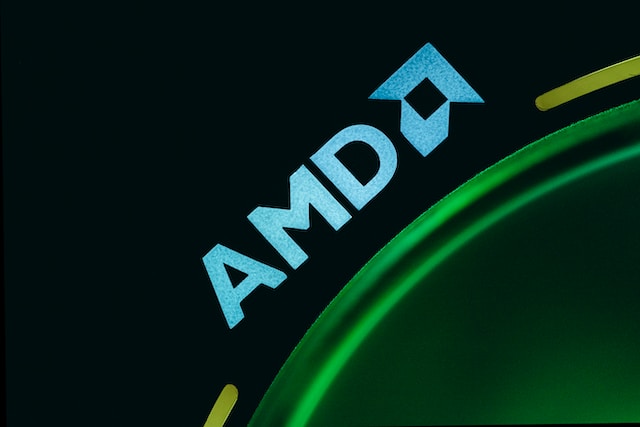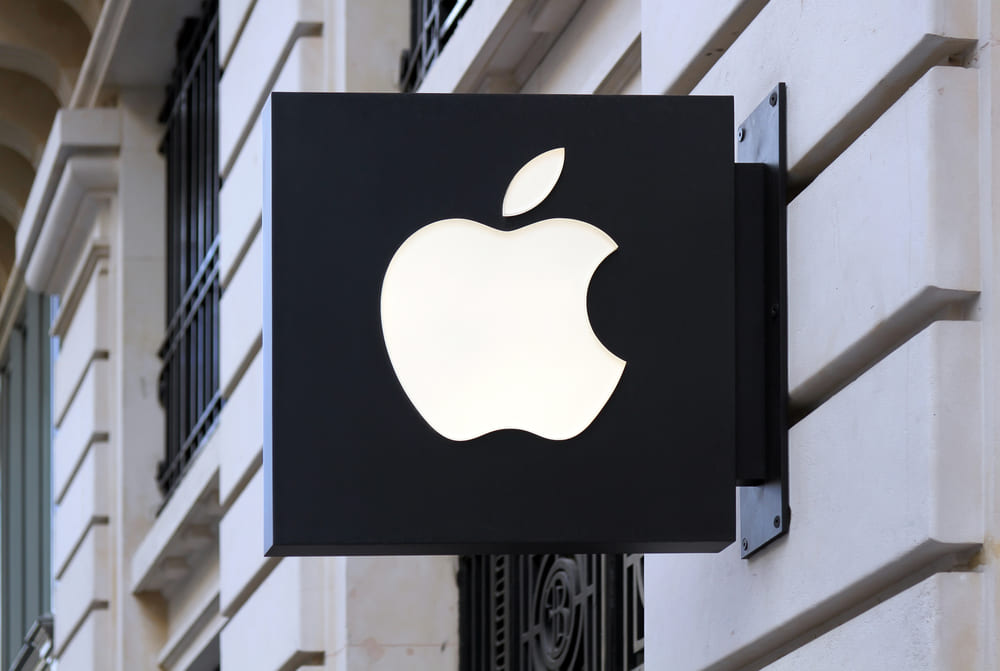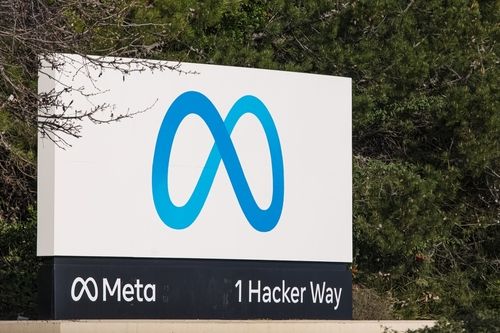Better AI Stock: Microsoft vs. Lumen Technologies


In the past, Microsoft (NASDAQ: MSFT) and Lumen (NYSE: LUMN), the telecom company formerly known as CenturyLink, weren't often mentioned in the same breath. Microsoft was a rapidly growing tech giant with plenty of irons in the fire across the cloud, mobile, AI, and gaming markets. But Lumen was a struggling telecom company which had doubled down on the dying business wireline market instead of building higher-growth wireless networks.
By this June, Lumen's stock had dipped below $1. That was more than 95% below its all-time high from 2014. But in July, Lumen drove away the bears by securing a new networking and fiber deal with Microsoft's Azure, the world's second-largest cloud infrastructure platform. The market's enthusiasm for that deal propelled Lumen's stock back to $6.

Image source: Getty Images.
So in an odd twist, investors who bought Lumen's stock when it slumped to $1 actually outperformed Microsoft's investors over the past four months. But can Lumen keep generating bigger gains than Microsoft for the foreseeable future?
Lumen's entire turnaround hinges on new AI infrastructure projects
Lumen's revenue has declined for five consecutive years. It's also been unprofitable over the past two years, and it suspended its dividend in 2022. That meltdown was mainly caused by the decline of its wireline business, which offset the stronger growth of its fiber business and its ancillary sales of cloud, security, and collaboration services.
However, Lumen's focus on business wireline connections actually made it an ideal partner for Microsoft, which needed to rapidly expand its data center infrastructure to support its growing ecosystem of cloud, mobile, and AI applications. Therefore, those growth engines within Microsoft could generate strong long-term tailwinds for Lumen's wireline business.
Before Microsoft swooped in, Lumen was in serious trouble. It ended 2023 with a negative free cash flow (FCF) of $878 million, and it was still shouldering $18.4 billion in long-term debt in its latest quarter with a whopping debt-to-equity ratio of 70. For 2024, analysts expect its revenue to decline 11% to $13 billion with a net loss of $252 million.
But in early August, Lumen said it had secured $5 billion in new business (including Microsoft's Azure deal) related to the AI connectivity market. It also said it was in "active discussions" to "secure another $7 billion in sales opportunities" and would aim to "more than double its intercity network miles over the next five years." It expects the initial payments from those contracts to boost its annual FCF to positive $1 billion to $1.2 billion in 2024.
Lumen's statement suggests it could potentially generate $5 billion to $12 billion in revenues over the next five years ($1 billion to $2.4 billion annually) from its new AI-related contracts. That would equal about 7% to 16% of its estimated revenue in 2023, but we don't know if those tailwinds can offset the ongoing decline of its non-AI business wireline division.
Analysts still expect Lumen's revenue to decline in 2025 and 2026 -- so they don't seem convinced its new AI contracts will fix its business. But with an enterprise value of $23 billion, Lumen's stock looks cheap at less than 2 times this year's sales.
But it probably won't stay ahead of Microsoft over the long term
Lumen outperformed Microsoft in recent months, but that was mainly because the Azure deal brought its stock back from the brink of a delisting. It could be tough for Lumen to maintain that momentum if its new AI deals don't move the needle.
As for Microsoft, the tech giant is still firing on all cylinders as it prioritizes the expansion of its cloud, mobile, and AI ecosystems. Under Satya Nadella, who took the helm as its CEO in 2014, Microsoft transformed its productivity software into sticky cloud-based services, expanded Azure's cloud infrastructure platform, invested in ChatGPT's creator OpenAI, and shrewdly integrated the start-up's generative AI tools into its own applications. It also launched new hardware devices and expanded Xbox's gaming business with more acquisitions and cloud-based services.
That's why Microsoft's annual revenue increased at a compound annual growth rate (CAGR) of 11% from fiscal 2014 to fiscal 2024 (which ended last June) as its EPS grew at a CAGR of 16%. Analysts expect its revenue and EPS to grow 14% and 11%, respectively, in fiscal 2025.
Those double-digit growth rates indicate Microsoft still has room to run. But it also has a market cap of $3.1 trillion, making it the world's third-most valuable company, and its stock isn't cheap at 32 times forward earnings. In other words, a lot of growth has already been baked into Microsoft's stock price -- and it might stay in its holding pattern until its profits catch up to its valuations again. Any near-term issues with Azure, its main growth engine, could also limit its upside potential.
That said, I believe it's still smarter to buy Microsoft as a long-term AI play than Lumen. It's bigger, growing faster, more broadly diversified, and has a much wider moat. Lumen might generate bigger near-term gains than Microsoft, but it could quickly fizzle out if the high costs of its big AI connectivity deals crush its long-term margins.
Should you invest $1,000 in Microsoft right now?
Before you buy stock in Microsoft, consider this:
The Motley Fool Stock Advisor analyst team just identified what they believe are the 10 best stocks for investors to buy now… and Microsoft wasn’t one of them. The 10 stocks that made the cut could produce monster returns in the coming years.
Consider when Nvidia made this list on April 15, 2005... if you invested $1,000 at the time of our recommendation, you’d have $845,679!*
Stock Advisor provides investors with an easy-to-follow blueprint for success, including guidance on building a portfolio, regular updates from analysts, and two new stock picks each month. The Stock Advisor service has more than quadrupled the return of S&P 500 since 2002*.
*Stock Advisor returns as of October 21, 2024
Leo Sun has no position in any of the stocks mentioned. The Motley Fool has positions in and recommends Microsoft. The Motley Fool recommends the following options: long January 2026 $395 calls on Microsoft and short January 2026 $405 calls on Microsoft. The Motley Fool has a disclosure policy.







